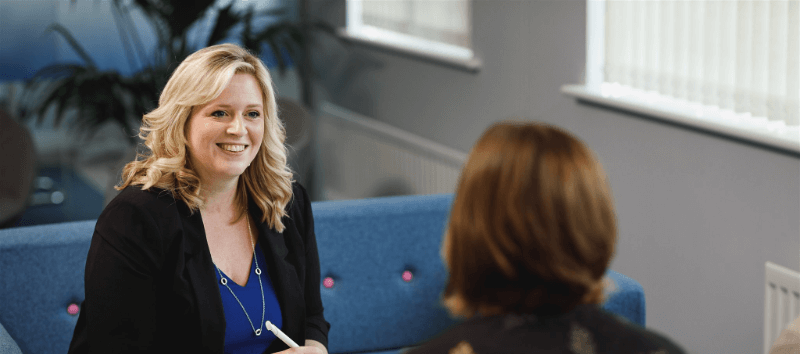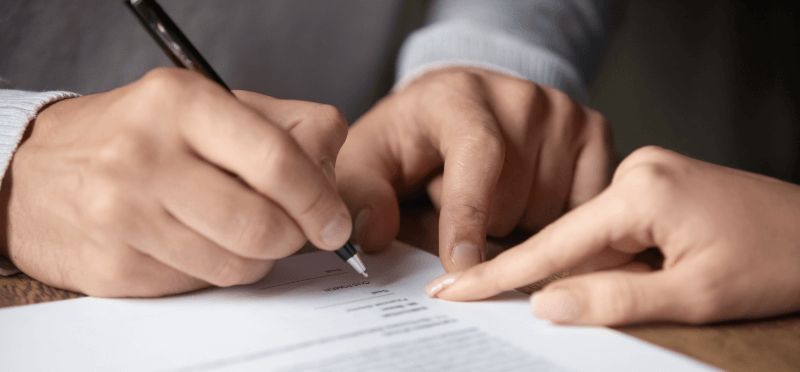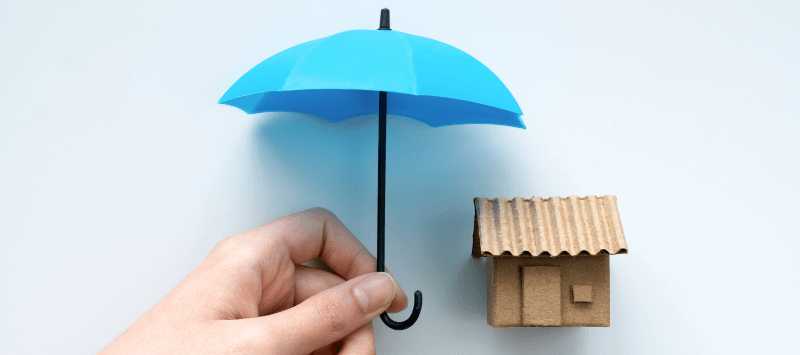How Much of a Deposit do you Need for Shared Ownership?
Shared ownership is designed to make getting on the property ladder more affordable for those who need it. With shared ownership, the amount of deposit you will need to get together in order to purchase a shared ownership property is considerably lower than the deposit you would need to purchase a property outright on the open market.
This is because the deposit you will need to provide is based on the value of the share of the property that you are purchasing, rather than the market value of the whole property. Whilst the deposit required for a shared ownership purchase will vary from property to property, it is typically between 5-10% of the value of the share being purchased.
The low deposits are arguably what makes shared ownership such an affordable option for those struggling to purchase a home outright on the open market. Let’s explain a little more about shared ownership and how it works.
Firstly, how does shared ownership work?
Quite simply, you purchase a share of a property, usually with the support of a shared ownership mortgage. The remaining proportion of the property is retained and owned by a Housing Association who will then charge you monthly rent for occupying their share of the property.
Rent is generally charged at a little below the normal market rate, at around 2.75% per annum of the value of the remaining share. This makes shared ownership a cross between buying and renting, so it is often referred to as ‘part rent part buy’. This though can change depending on the housing association but your consultant will be able to advise you.
The initial property share generally offered under shared ownership schemes is usually between 25 – 75%, although most commonly people initially purchase between 30-50% of a property. Once you have owned your initial share for an agreed fixed period of time, you often have the option to ‘staircase’ up and buy further shares, enabling you to own more of the property and potentially own it outright in the future.
By staircasing up and purchasing a larger percentage share of the property, you will be reducing the share owned by the Housing Association. As a result, the rent you pay to them each month will decrease. Some shared ownership schemes will allow you to staircase up to owning the full 100% of the property. This means the property is wholly yours and you will not need to pay any further rent.
Find out more – ‘ Shared ownership – how does staircasing work? ’
How much lower are the deposits for shared ownership?
Ordinarily on the open market, if you wanted to purchase a home costing £250,000, you would need to provide a minimum cash deposit of £12,500 (5% of the total value of the property). You would then need to obtain a mortgage for the remaining 95% of the purchase price (£237,500).
If however, you found a shared ownership property costing £250,000 and you wanted to buy a 25% share of this property, your share would cost you £62,500. A 5% deposit on this share would be £3,125 (5% of 62,500). This leaves you to raise a shared ownership mortgage of £59,375 to complete the purchase of your 25% share.
This is clearly a significantly lower deposit and mortgage requirement than would be needed if you were to purchase the property outright, as in the above example. The drawback is, however, that although you will live in the whole property, you will only own 25% of it and will have to pay rent on the other 75%.
How do I know if I am eligible for shared ownership?
Although shared ownership mortgages are common amongst first-time buyers, you don’t have to be a first-time buyer in order to utilise the scheme. It is open to anyone who does not currently own a home. You must also be unable to afford to buy on the open market. You must be at least 18 years old and your household income must be less than £80,000 a year (£90,000 in London) to qualify.
It’s also worth noting that you cannot get a shared ownership mortgage on just any property for sale on the open market. It is only applicable to certain homes and these are usually specifically purpose-built.
Find out more – ‘ Who is eligible for shared ownership?’
What other costs are involved with shared ownership?
In addition to raising the initial cash deposit, and of course, being satisfied that you can service both the monthly shared ownership mortgage repayments as well as the monthly Housing Association rent, you will also need to budget for some additional costs when entering into shared ownership.
Solicitors fees
Firstly, you will need a licensed conveyancer or property solicitor to carry out all the necessary legal work. There is additional legal work required when purchasing a shared ownership property. Subsequently, the legal fees will be higher than you might normally pay for a standard purchase to reflect this.
Solicitors will often quote you a fixed price for doing the work, which can help with budgeting. Costs will vary depending on geographic area and the complexity of the deal. You should probably budget around £2,000 for this. You may want to take a look at Share to Buy’s shared ownership solicitors and conveyancing panel to get some quotes.
Stamp duty land tax
You may also need to pay stamp duty land tax on the value of the property you are purchasing. The rules on this are changing and the thresholds are set to reduce in October 2021. Additionally, first-time buyers may be able to get relief from this tax, subject to certain limitations. You will need to check out the rules for your particular circumstances.
This tax can run into several thousand pounds. You should go to the Government website to get an idea of this cost and whether it applies to your purchase. Your conveyancer or solicitor will be able to confirm exactly what you have to pay once you have secured a property.
As a first-time buyer purchasing a shared ownership property, you will have the option of paying stamp duty either on the full value of the property being purchased, as if you owned it all outright, or just on the value of the share you are initially purchasing.
The advantage to paying up-front for the whole property is that you won’t have to pay stamp duty again if you subsequently purchase additional shares. The disadvantage is that this can be quite a considerable cost to pay up-front. It isn’t worth doing this unless you have the clear intention of ultimately staircasing up towards full ownership.
You can find more information about stamp duty and shared ownership here.
Mortgage broker fees
It is wise to enlist the help of a mortgage advisor and broker when taking out a shared ownership mortgage. Shared ownership mortgages are not quite as straightforward as a standard mortgage. Additionally, not all lenders will offer them. It is a good idea to have someone in your corner who knows the market and can advise you accordingly.
Mortgage brokers will usually charge a fee for their services. This will generally be either a fixed amount or a percentage of the purchase price. A mortgage broker should explain clearly what their fee is before they undertake any work on your behalf. At Mortgage Light , we specialise in shared ownership mortgages and we usually charge £349 for our services.
Moving costs
You may need to pay for the cost of a removals service. The cost of this will vary greatly between companies. It will depend on how much you have and how far you need to move your possessions from one property to another.
Insurance
It is recommended – but not compulsory – that you take out contents insurance. This will cover all of your furniture, carpets, white goods and personal belongings within your home.
You will also need buildings insurance, however this is often the responsibility of your Housing Association. If so, this cost will normally be included within your service charge.
The low deposits are a hugely attractive part of the shared ownership scheme. They make homeownership affordable and accessible to those who need it. If you need a hand navigating your way through purchasing a shared ownership property, let us at Mortgage Light help.
We have helped so many people find their perfect shared ownership property. We have even helped them staircase up to owning their property outright. Contact us to find out more.
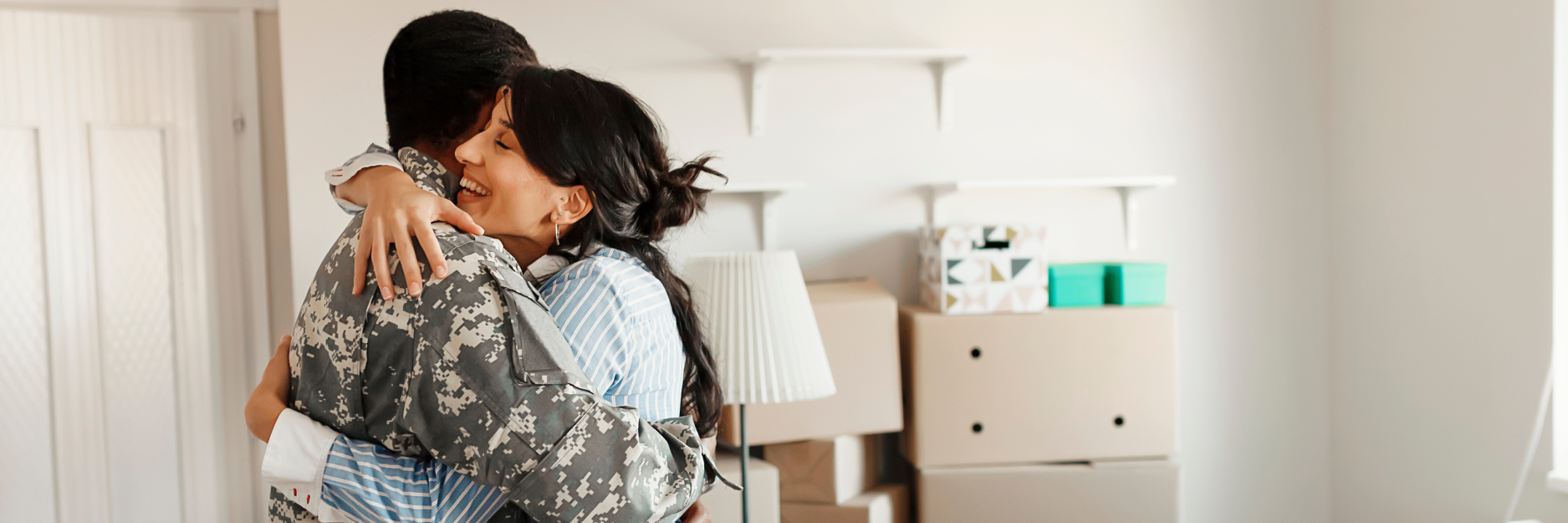
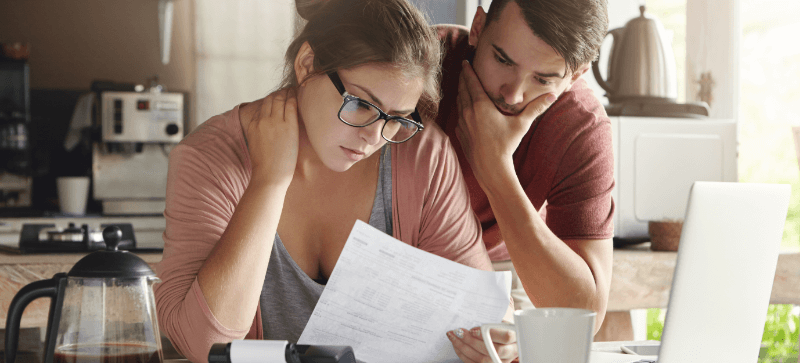

CONTACT US TODAY
Straight talking mortgage advice.
We make this easy for you. Simply contact us to arrange to come in and discuss your needs. If you’re pushed for time, call one of our expert advisers and we will be able to go through your options in a quick chat over the phone.


